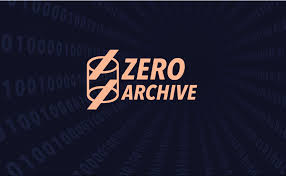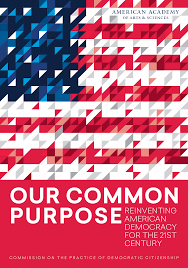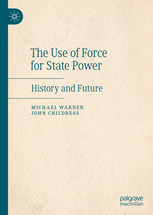Disinformation sows doubt and confusion in democratic systems, notes Moira Whelan,
the National Democratic Institute’s Director of Technology and Democracy. That’s why NDI supports partners’ efforts to create tools to create safe and transparent information space such as …
 0archive! (“Zero Archive”)! scrapes information off suspicious websites and catalogs incidents of disinformation, hate speech and other harmful content in an easily accessible database. … NDI teamed up with g0v (“gov-zero”), a Taiwanese civic tech community, to create 0archive because tracking malicious content is a resource-intensive task. In the time it takes to refute one false news report, five more have popped up. By scraping content and putting it in one place, researchers can see trends and identify patterns more quickly.
0archive! (“Zero Archive”)! scrapes information off suspicious websites and catalogs incidents of disinformation, hate speech and other harmful content in an easily accessible database. … NDI teamed up with g0v (“gov-zero”), a Taiwanese civic tech community, to create 0archive because tracking malicious content is a resource-intensive task. In the time it takes to refute one false news report, five more have popped up. By scraping content and putting it in one place, researchers can see trends and identify patterns more quickly.
How will the misinformation pandemic inflamed by the coronavirus crisis reshape the political landscape? And how might domestic and foreign actors weaponize rumors, conspiracy theories, and disinformation about Covid-19, the Brennan Center for Justice asks.
Civil society — businesses, nonprofits, nongovernmental organizations, faith-based groups and community groups — have a unique opportunity (and responsibility) to apply pressure on social media companies, The Post’s Jennifer Rubin writes:
 The Commission on the Practice of Democratic Citizenship (left), put together by the American Academy of Arts & Sciences, recently included several suggestions in its report for bolstering American democracy: “Form a high-level working group to articulate and measure social media’s civic obligations and incorporate those defined metrics in the Democratic Engagement Project”; tax digital advertising to “support experimental approaches to public social media platforms as well as local and regional investigative journalism” (think of it as PBS or C-SPAN for the Internet); and start a new project to “conduct a focused, large-scale, systematic, and longitudinal study of individual and organizational democratic engagement” in the context of digital media.
The Commission on the Practice of Democratic Citizenship (left), put together by the American Academy of Arts & Sciences, recently included several suggestions in its report for bolstering American democracy: “Form a high-level working group to articulate and measure social media’s civic obligations and incorporate those defined metrics in the Democratic Engagement Project”; tax digital advertising to “support experimental approaches to public social media platforms as well as local and regional investigative journalism” (think of it as PBS or C-SPAN for the Internet); and start a new project to “conduct a focused, large-scale, systematic, and longitudinal study of individual and organizational democratic engagement” in the context of digital media.
As the world continues to grapple with the coronavirus pandemic, reliable local news has proven itself an essential service, the National Endowment for Democracy’s Center for International Media Assistance (CIMA) observes (above). Audiences in the grips of crisis turn to their local media–public interest news outlets that cover communities, towns, and villages–for safety recommendations, government ordinances, and other critical updates. But news media were already in a crisis of their own, perhaps none more so than local news.
 Drawing on Thomas Hobbes’ observation that all self-contained political orders have ultimate authority to use force to both dispense justice and to defend the polity against its enemies, Michael Warner and John Childress observe that rulers concentrate force through cooperation, conveyance, and comprehension. Applying common principles across history, they aim to keep rival states from concerting their actions, or by eliminating the trust that should bind them. In short, they make enemies afraid to cooperate, and now they are doing so in cyberspace as well, they write in a new book, The Use of Force for State Power – History and Future.
Drawing on Thomas Hobbes’ observation that all self-contained political orders have ultimate authority to use force to both dispense justice and to defend the polity against its enemies, Michael Warner and John Childress observe that rulers concentrate force through cooperation, conveyance, and comprehension. Applying common principles across history, they aim to keep rival states from concerting their actions, or by eliminating the trust that should bind them. In short, they make enemies afraid to cooperate, and now they are doing so in cyberspace as well, they write in a new book, The Use of Force for State Power – History and Future.
A forthcoming digital panel discussion will examine Iran’s information environment and how recent global events have shaped and skewed the reality the Iranian regime depicts to its citizens daily. This event, hosted by the Atlantic Council’s Digital Forensic Research Lab and Middle East Program, will provide an overview of these overlapping information conflicts.
Date: Thursday, July 9, 2020 Time : 9:00 EDT RSVP







